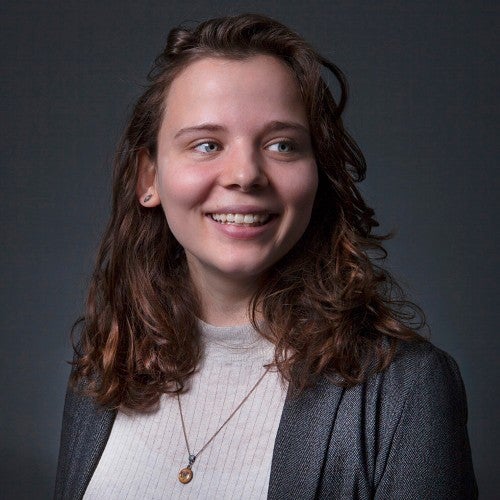Building bridges or embracing friction? What we can learn from the encounter between people with different worldviews
Interfaith learning - in which people who orient around religion differently meet - can help people understand each other better. But that harmony should not be the only goal, argues Hannah Visser. "It is precisely embracing friction, situations in which tensions or discomfort arise, that is necessary to live better together."
"In our rapidly changing society, there is a growing need to learn how to deal with religious diversity. Nowadays we come into contact with people who have a different worldview, and there are also major social challenges that touch on religion and diversity: from the migration debate to Israel-Palestine, and from climate change to abortion.
"There are all kinds of interfaith initiatives to build bridges between people who orient around religion differently, and my research shows that these initiatives often also lead to more knowledge about and appreciation for each other. At the same time, it is often difficult for teachers and organizers of such programs to pay attention to major societal challenges in a way that does justice to the complex reality.
'Fertile abrasion'
"An important conclusion is therefore that interfaith learning must go beyond harmony. It is precisely embracing friction – situations in which tensions or discomfort arise – that can help to learn to relate to each other. Through fruitful friction, people from different philosophies learn from each other and learn to deal with society in which these themes are becoming increasingly urgent.
"In addition, my research opens a conversation about how we can better evaluate interfaith programs. Because how can we determine whether they actually achieve their noble ideals? Do such encounters indeed lead to more understanding, better cooperation or social change? And how do you measure that? To know what these initiatives bring about, I offer tools, such as formulating clear learning objectives, taking the context into account, using different methods and taking into account various ways of learning."
Symposium
Prior to the promotion the symposium "Building bridges or embracing friction?" will take place. All interested are welcome from 10.00 am. Admittance is free. More information and registration form can be found here (in Dutch).
